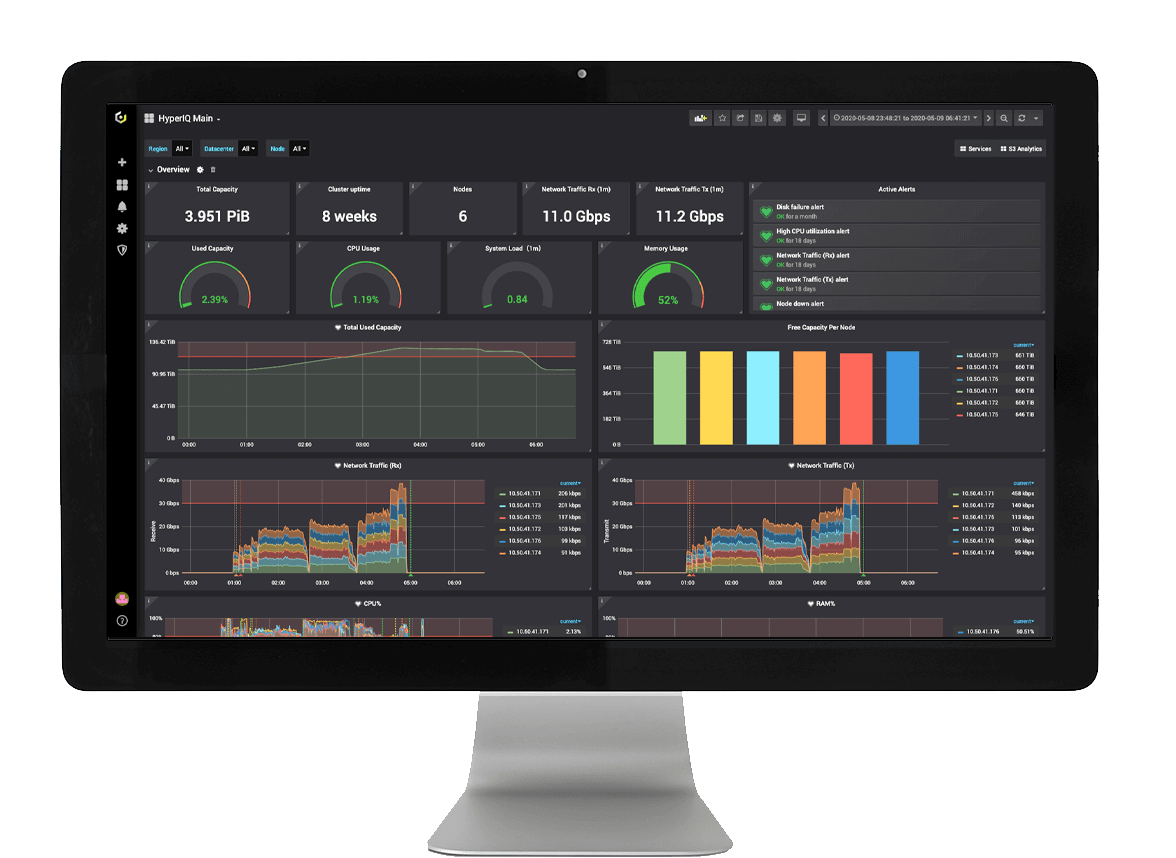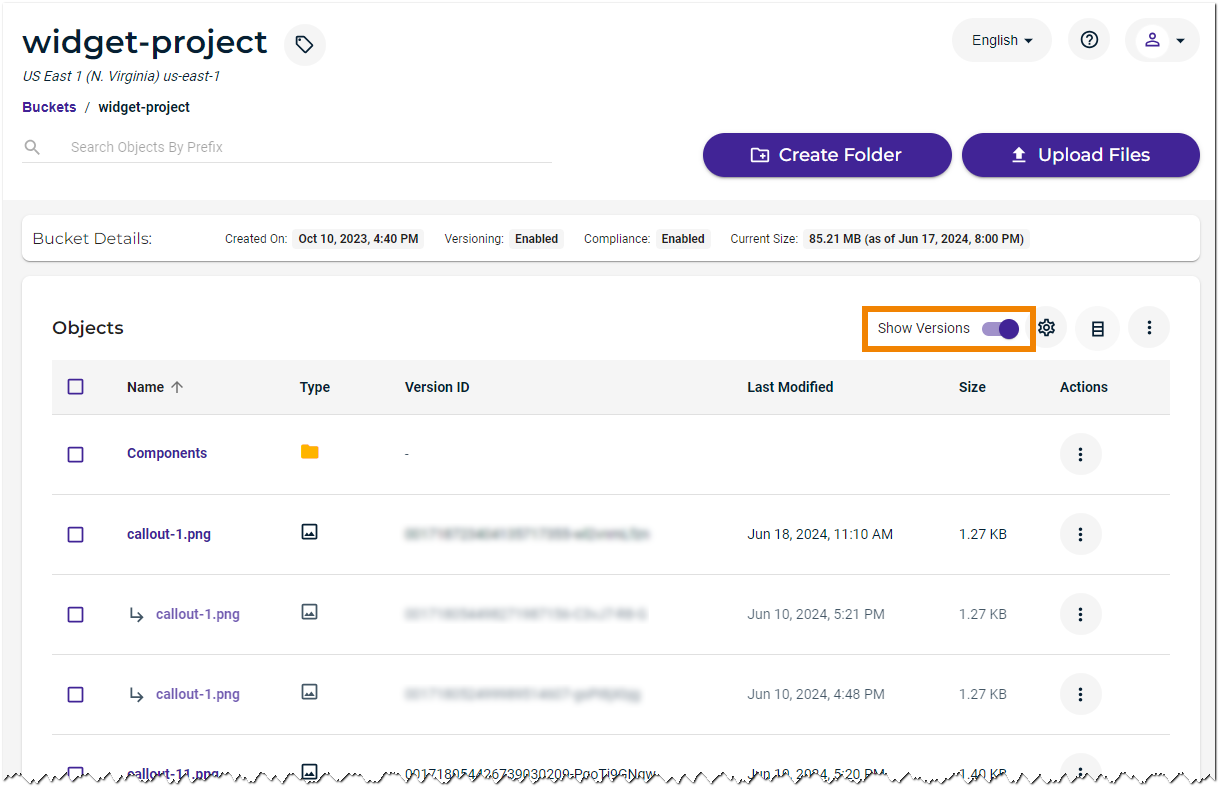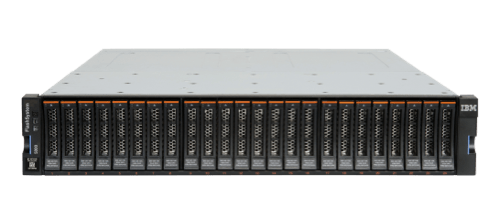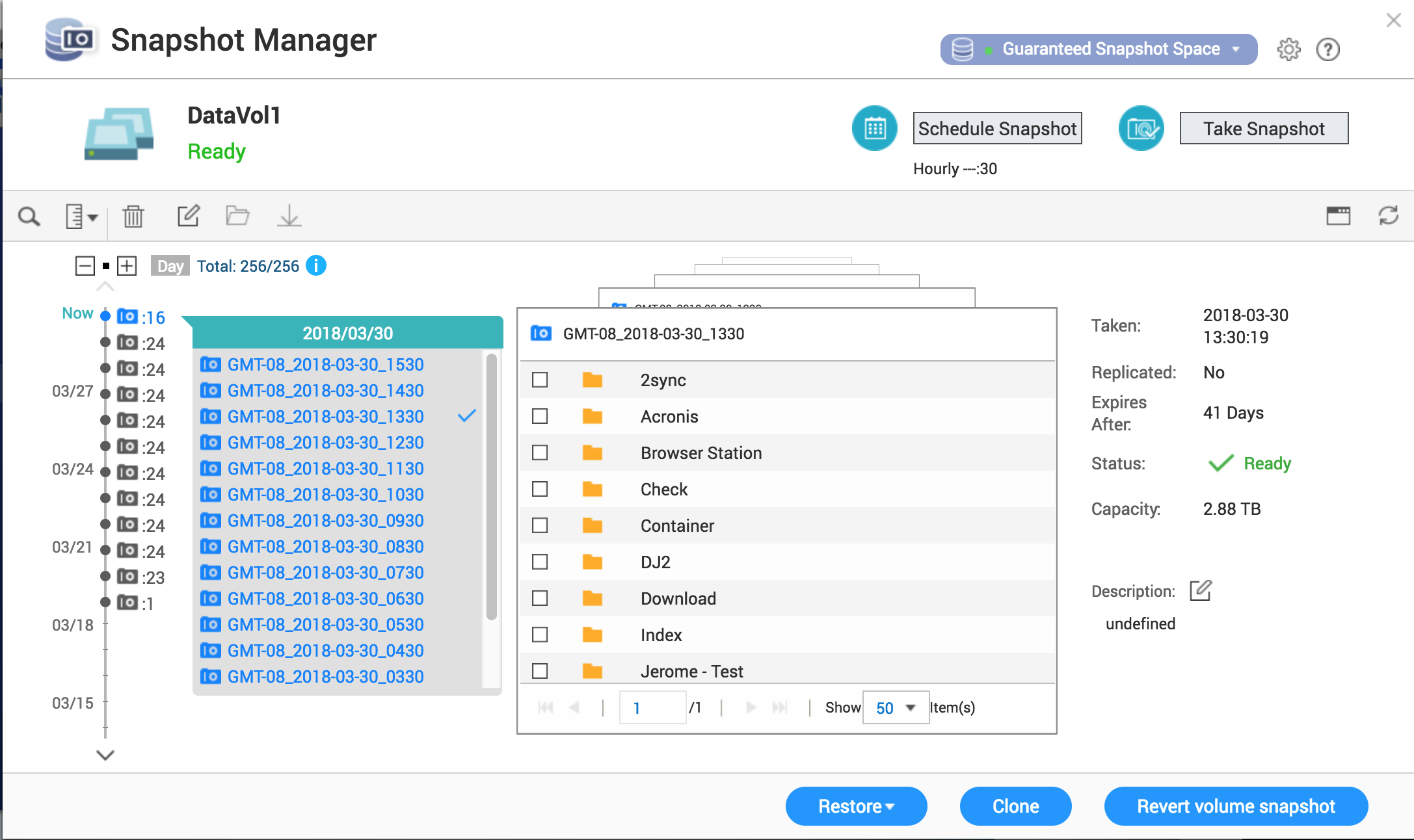Request a Demo
Join a 30 minute demo with a Cloudian expert.
Immutable storage refers to a data storage method where stored data cannot be altered or deleted once written. Once activated, this ensures the original data remains intact and tamper-proof for a pre-set period of time, even in the case of unauthorized access or corruption attempts. The technology primarily serves industries requiring compliance with strict data protection standards, such as healthcare, finance, and legal sectors.
By creating an unchangeable record, immutable storage improves trust and reduces the risk of manipulation or accidental loss. Ransomware attacks are rendered ineffective because the saved data cannot be encrypted, a common ransomware attack vector.
Immutable storage mechanisms, like S3 Object Lock and Write Once, Read Many (WORM) technology, enable data integrity over extended periods. Companies use it for securing transaction records, audits, backups, and disaster recovery solutions, minimizing risks of data tampering or ransomware exploitation.
This is part of a series of articles about data backup
In this article:
WORM enforcement is the foundational mechanism that guarantees data immutability. It ensures that once data is written, it cannot be modified, overwritten, or deleted for the duration of its retention period. This is crucial for compliance with regulations such as SEC Rule 17a-4(f), HIPAA, and GDPR, which require organizations to maintain unalterable records.
WORM functionality can be implemented at the hardware level, such as in storage arrays, or through software-defined storage systems and cloud platforms. Some solutions allow setting retention periods at the file or bucket level, providing granular control over data lifecycles. Enterprises often use WORM storage for audit logs, financial transactions, and regulatory archives to ensure non-repudiation and traceability.
Retention policies dictate how long data must be preserved in its original state. These policies can be automated based on metadata, file type, or compliance requirements, helping organizations enforce data governance without manual intervention. When retention policies expire, data may be deleted or archived based on preconfigured workflows.
Legal holds are critical for halting automatic deletion, ensuring that data potentially relevant to litigation or investigations is preserved indefinitely. This is especially important in sectors like finance and healthcare, where data is subject to audits, legal reviews, and regulatory inquiries. Immutable storage systems typically log all policy changes and hold implementations, ensuring an auditable trail for compliance teams.
Versioning stores a history of file changes, creating a new version each time data is modified. This feature allows enterprises to track changes over time, recover previous states of documents, and audit user activity. It’s particularly valuable for collaborative environments and regulatory scenarios requiring detailed audit trails.
Snapshots create read-only, point-in-time images of entire file systems or storage volumes. They capture the exact state of data at a given moment without duplicating the data, making them storage-efficient. Snapshots can be scheduled or triggered manually and are commonly used for fast recovery in the event of ransomware, accidental deletions, or system failures.
Immutable storage provides a strong defense against ransomware, which typically works by encrypting or corrupting files and demanding ransom for recovery. Because immutable data cannot be changed or encrypted once written, attackers cannot affect it if they breach the network or gain administrative access.
Security is further strengthened through role-based access controls (RBAC), multi-factor authentication (MFA), and audit logging. Immutable systems log all access attempts and configuration changes, offering forensic visibility in the event of a security incident. This layered protection ensures that backup and critical datasets remain safe.
Modern immutable storage platforms are designed to integrate seamlessly with enterprise backup and disaster recovery (DR) tools. Backups stored immutably prevent backup tampering, a common tactic used by ransomware to disable recovery options. This ensures that backups remain trustworthy recovery sources.
Many data protection solutions support the S3 Object Lock API, providing a standard for immutable data management. With popular backup platforms like Veeam, Commvault, and Rubrik, enterprises can schedule backups directly to immutable storage tiers, either on-premises or in the cloud, and restore systems from snapshots.
Support for Multi-Cloud and Hybrid Environments
Enterprises often operate across multiple infrastructure platforms, including public clouds (e.g., AWS, Azure, Google Cloud), private data centers, and hybrid setups. Immutable storage solutions that support these environments enable consistent data protection strategies across all workloads, regardless of location.
Such platforms offer APIs, unified management dashboards, and compliance policy enforcement across distributed environments. Features like geo-replication, encryption, and cloud-native immutability (e.g., S3 Object Lock in AWS) ensure that immutable storage meets performance, security, and regulatory requirements at scale. This flexibility is key for organizations undergoing digital transformation while maintaining strict governance over sensitive data.
Related content: Read our guide to storage management

Cloudian HyperStore provides on-premises object storage with built-in immutability through S3 Object Lock, enabling enterprises to create tamper-proof backups that resist ransomware and unauthorized changes. Integrated with data protection platforms like Veeam and Commvault, it delivers secure, end-to-end data protection while supporting regulatory requirements such as SEC 17a-4.
Cloudian also incorporates system-level hardening features, including RootDisable and HyperStore Shell (HSH), to prevent administrative tampering. With modular scalability and support for hybrid cloud deployments, it enables secure and efficient backup and disaster recovery strategies across environments.
Key features include:


Wasabi Object Lock provides immutable cloud storage that ensures backup data cannot be modified or deleted for a specified retention period, even by system administrators. Built to withstand ransomware, accidental deletions, and system failures, Object Lock helps organizations maintain operational continuity and meet long-term data retention requirements.
Key features include:


IBM FlashSystem delivers immutable data protection through a combination of secure snapshots, ransomware detection, and autonomous recovery mechanisms. Snapshots are immutable and supported by a resilient grid architecture, enabling rollback after attacks or failures.
Key features include:


Nexsan Assureon offers on-premises and cloud-capable immutable storage built around WORM technology and comprehensive data integrity features. Files are fingerprinted using dual cryptographic hashes, assigned serial numbers, and time-stamped via secure global clocks to maintain a verifiable chain of custody. The system stores redundant file copies on separate RAID sets and performs integrity checks with automatic file repair.
Key features include:


QNAP provides immutable storage through its ZFS-based NAS systems and S3-compatible cloud offerings, using WORM and Object Lock capabilities to protect data from tampering, deletion, or ransomware. The system supports two folder-level WORM modes—Enterprise and Compliance—offering control over deletion policies. Integration with Veeam ensures immutability for backups, and QNAP’s myQNAPcloud services extend protections to the cloud.
Key features include:

Immutable storage has become essential in data protection strategies, particularly for organizations operating in regulated industries or handling sensitive information. By ensuring data cannot be altered or deleted once written, it provides a reliable foundation for compliance, security, and operational resilience.